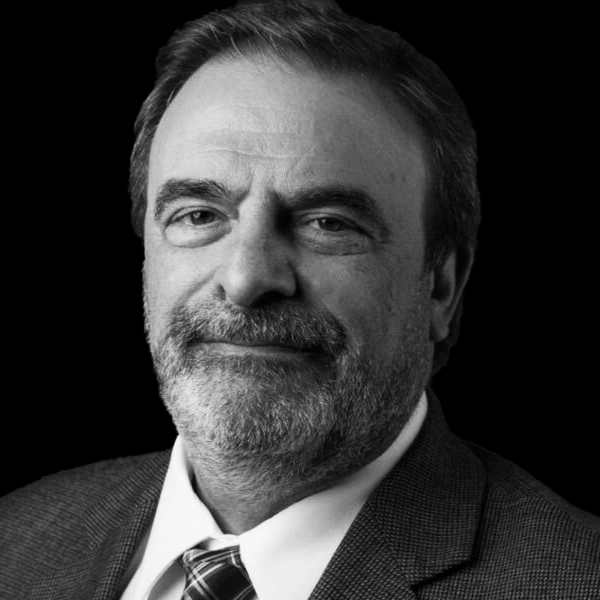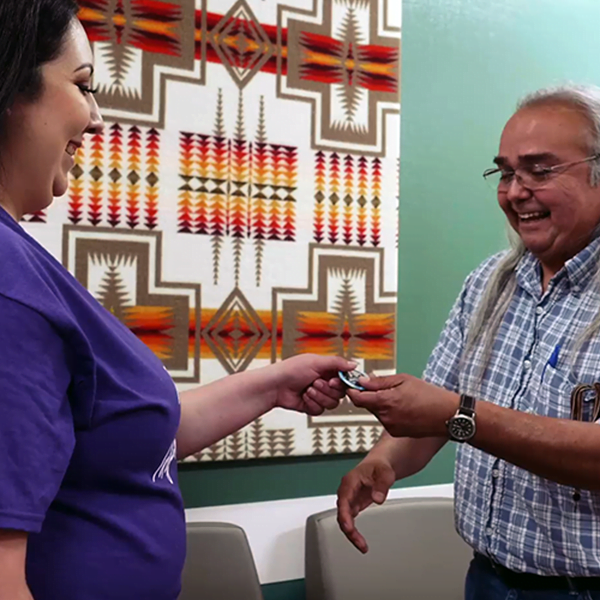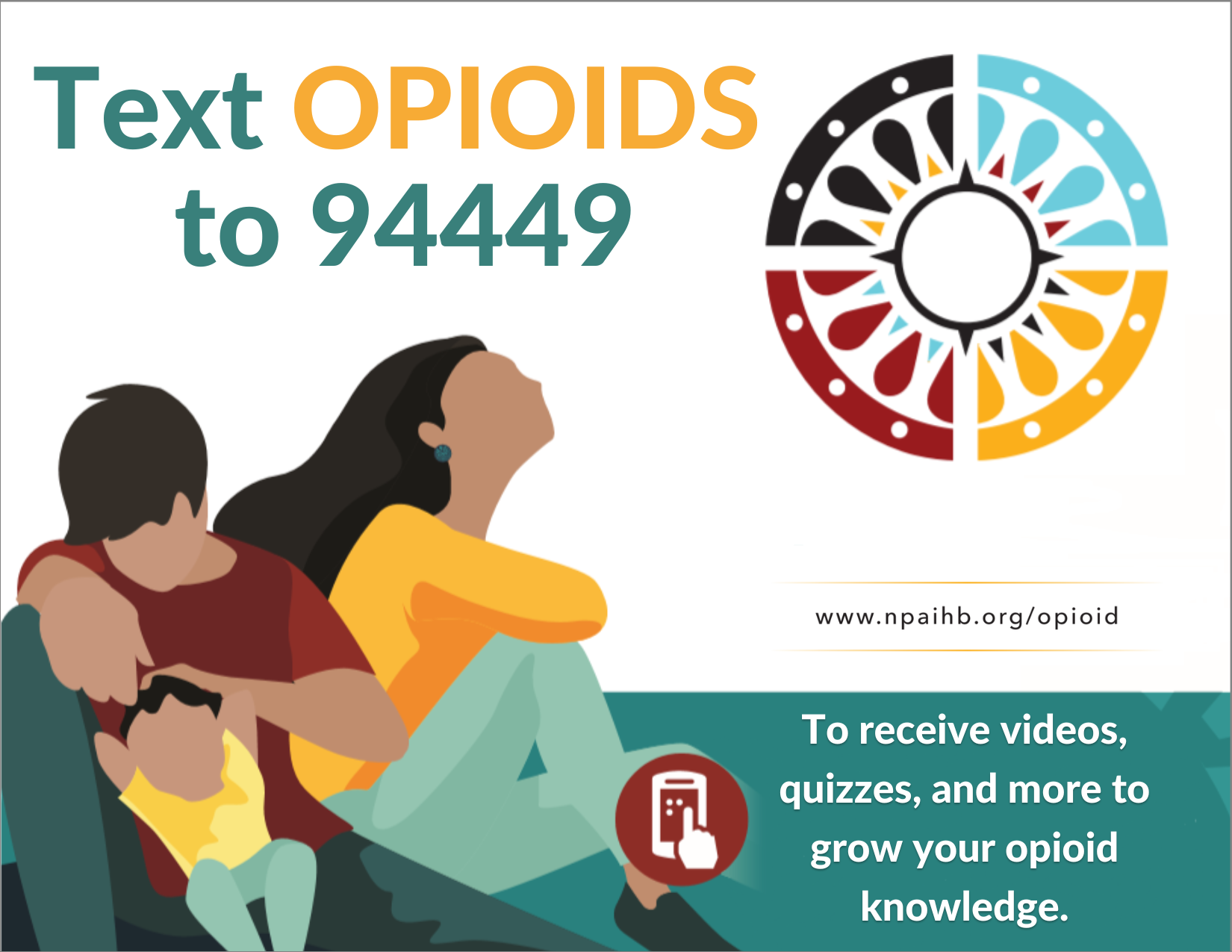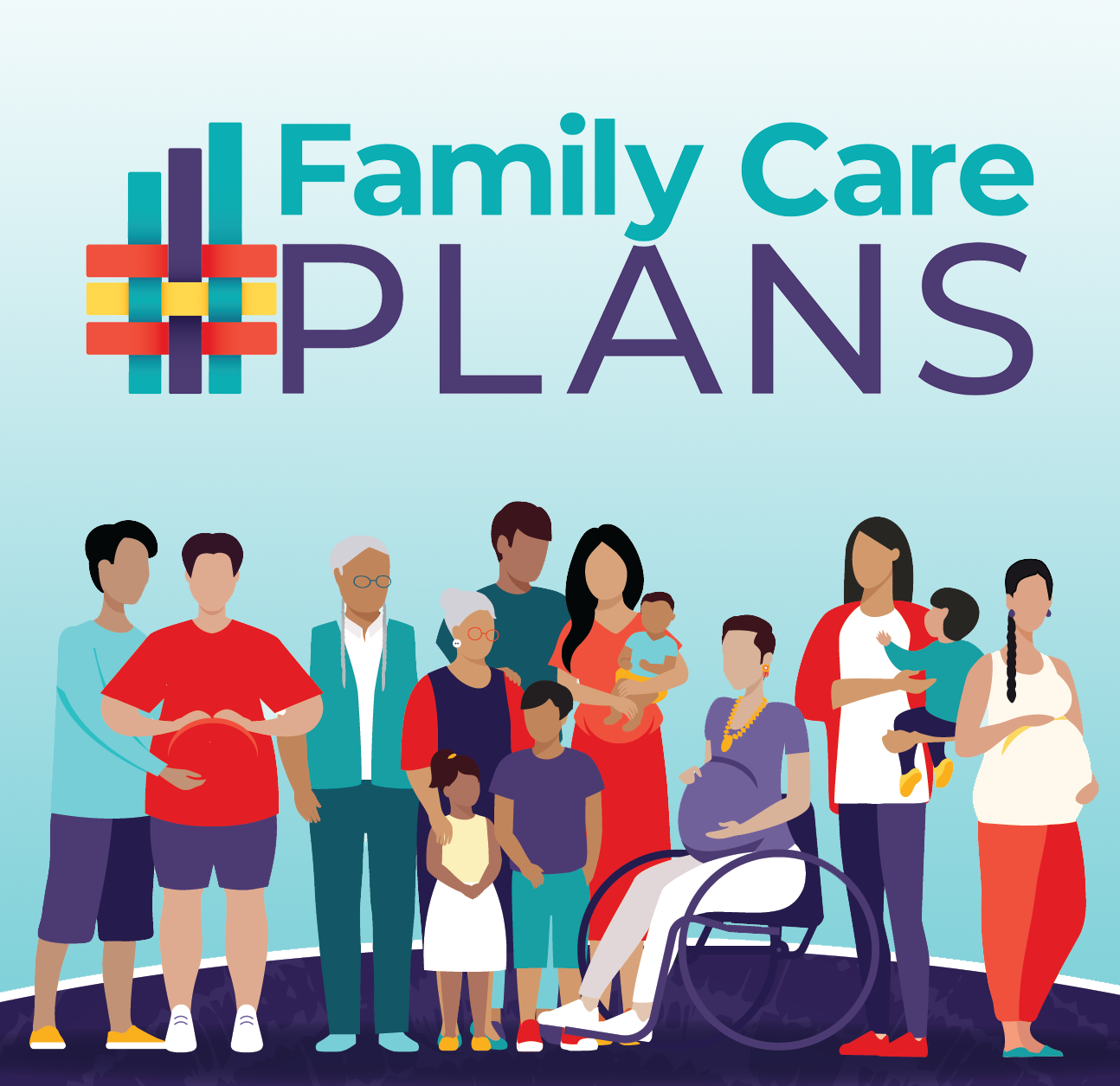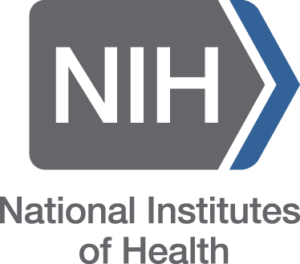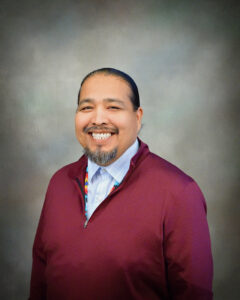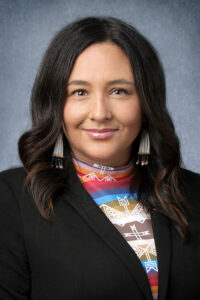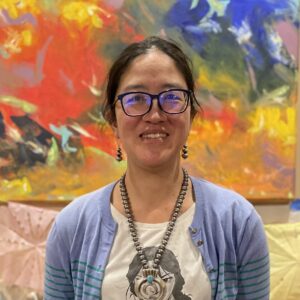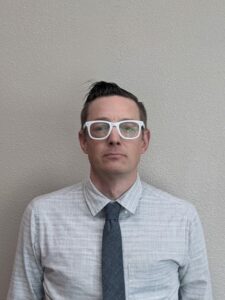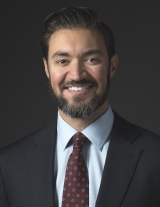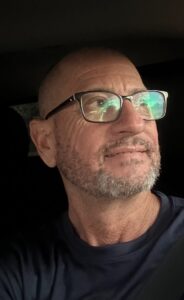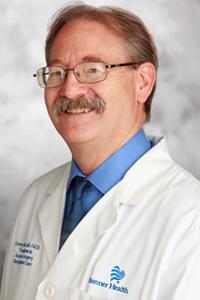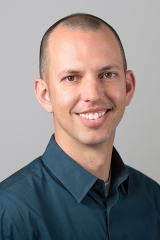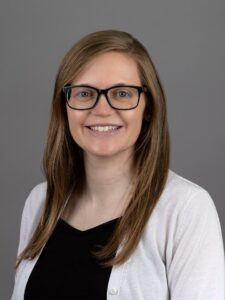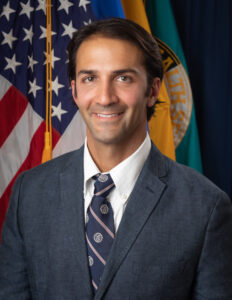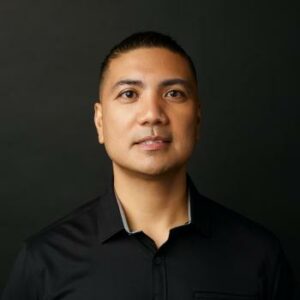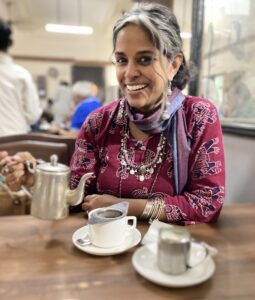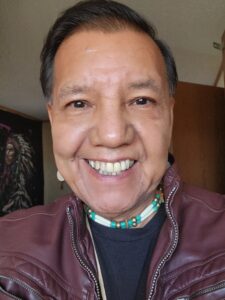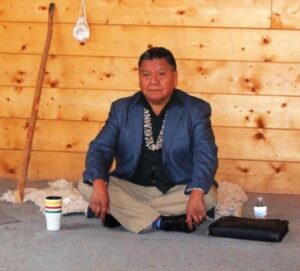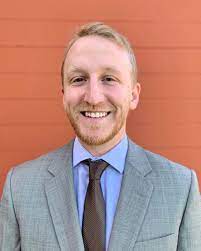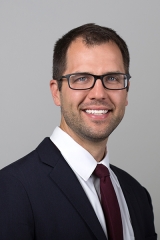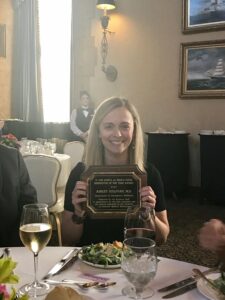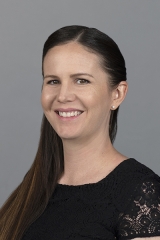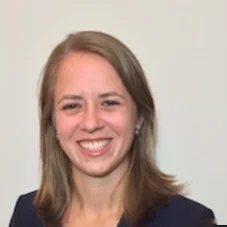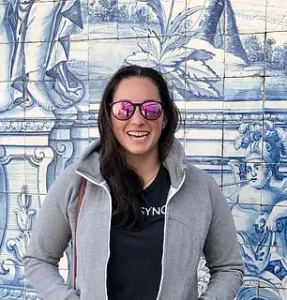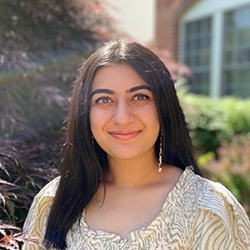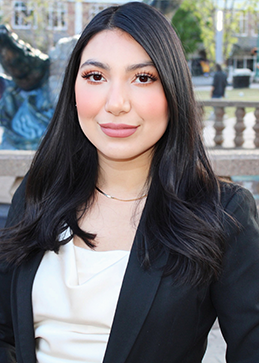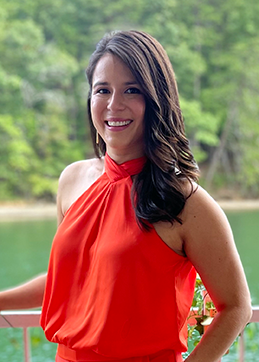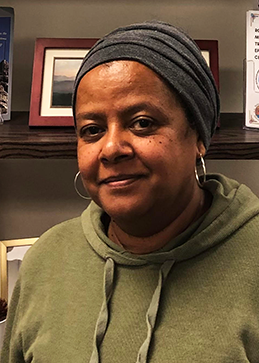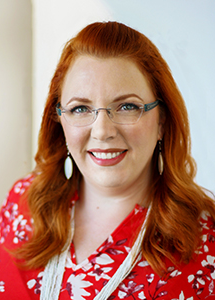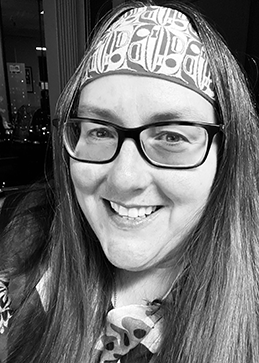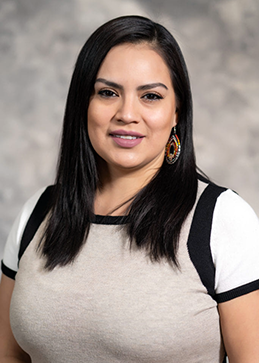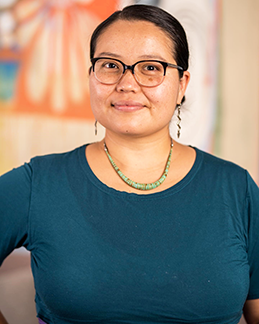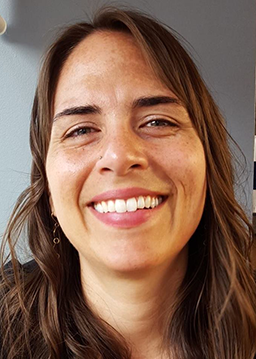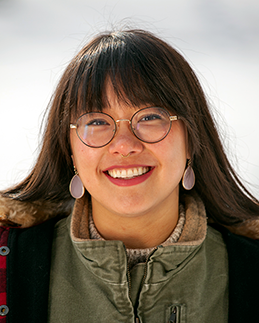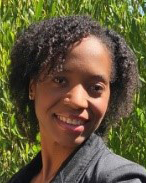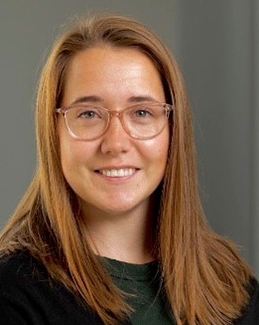

Many tribal governments have begun to institute promising solutions that could be expanded upon as well as serve as models for other tribes. The didgʷálič model is a proven tribally driven solution that is lifesaving. The purpose of the immersion training is to share the didgʷálič model with other tribes. The didgʷálič model can be modified to fit local native community needs.
Tribal health teams who would like to or are currently providing treatment for patients with opioid use disorder are invited to register for a two-day orientation and training with the didgʷálič immersion program. The two-day event will take place, October 15th -16th, 2024 at the Swinomish Lodge & Casino in Anacortes, Washington, with the afternoons spent at the didgʷálič Wellness Center.
You can find the agenda for the training here and additional updates below.
If you have any questions or concerns please contact the ECHO team at ECHO@npaihb.org.
About the Training Program
Tribal health teams who would like to or are currently providing treatment for patients with opioid use disorder are invited to register for a two-day orientation and training with the didgʷálič immersion program. The training will be structured with the first half of each day being held at the Swinomish Casino and Lodge in Anacortes, Washington, followed by afternoons spent observing and interacting with the clinicians and staff at the didgʷálič Wellness Center.
Teams that will be considered are those who are in a position to champion change at their tribe and provide care to patients with opioid use disorder within the primary care, behavioral health, oral health or opioid treatment program setting. Team members might include: Leadership (e.g. tribal health directors, council members, and administrators), clinicians (prescribing MD/DO/NP/PA/DMD/DDS, nurses, social workers, pharmacists, nurse care managers, behavioral health specialists, etc.) and quality improvement specialists.
Films
didgʷálič Wellness Center (video)
In one year, didgʷálič Wellness Center- owned and operated by the Swinomish Indian Tribal Community – cut tribal opioid overdose deaths in half. Learn about their unique treatment model from …
A Culture of Respect: Providing Clients with Compassionate Care (didgʷálič)
Learn about how the didgʷálič Wellness Center incorporates harm reduction into their successful approach for treating individuals with opioid use disorder.
Identifying and Addressing Barriers to Care (didgʷálič)
Removing barriers to care is vital for tackling the opioid epidemic. See how the didgʷálič Wellness Center eliminates barriers to create positive patient outcomes.
Ensuring MAT Benefits the Individual & the Community (didgʷálič)
Ever wondered how to offer medication-assisted therapy safely? Learn how the didgʷálič Wellness Center ensures that the medications they offer are beneficial.
What People with Opioid Addiction Want You to Know (NPAIHB)
Words of wisdom from tribal community members about what you should know about opioids.
Healing Ourselves and Our Communities (NPAIHB)
For tribal community members who want to learn more about preventing, treating, and recovering from opioid use disorder.
Medication-Assisted Treatment Myths (NPAIHB)
MAT helps many people with opioid use disorder recover. It is more than twice as effective as counseling alone. Learn the facts here.
Supporting Someone with an Opioid Addiction (video)
Recovering from Opioid Addiction is Possible (NPAIHB)
We can heal from opioid use disorder. See how others have walked the road to recovery.
Preventing and Treating Opioid Addiction
You might think only certain types of people get addicted to opioids. The truth is it can happen to anyone.
About the Model
Integrated Treatment Approaches:
the didgʷálič wellness model

After suffering a series of devastating losses in the tribal community due to opioid overdoses, the Swinomish Tribe designed and developed a unique treatment program called didgʷálič. Didgʷálič integrates evidence-based substance use disorder treatment with holistic, culturally competent care to successfully deal with the effects of OUD. The program provides a full array of medications for opioid use disorder, primary medical care, dental care, mental health care, treatment of co-occurring disorders, and social services support with domestic violence, legal, housing, employment, parenting, and other issues both causing and resulting from OUD. Didgʷálič also provides on-site childcare and free transportation to eliminate barriers to treatment. The didgʷálič model embraces a team approach to care: each patient is treated by a medical provider, a certified substance use disorder professional counselor, nursing staff, a mental health counselor, as well as peer support specialists.
The didgʷálič model of care centers on and incorporates the tribe’s culture and values. The program promotes long-term, life-saving treatment rather than classic short-term “fixes” that all too often end in overdose death. Outpatient addiction care allows patients to stay in the community with their families during treatment. The tribal government and individual tribal members also provide cultural leadership and advice on the use of Native culture in the program.
Didgʷálič differs from standard referral-based models, by providing fully integrated care, placing all components of effective OUD treatment under one roof. The standard referral-based model is ineffective, with community members not receiving the care that they need. The didgʷálič model replaces ineffective referrals with integrated care under one roof.
Presentations & Handouts

Blessing/Prayer
Huge Edwards and Canoe Family

A Mother’s Story of Recovery
Cheryl Rasar

Ending the Opioid Crisis: Recommendations for Elected Leadership
Leon John, smǝkǝlǝ

The didgʷálič Wellness Center Model
John Stephens, Beverly Keyes, Bryce Parent, Huge Edwards, Holle Edwards, Rachelle Bellefleur, Akila Oswakwe, and Keren Gott
The Data Behind the Opioid Crisis
Crisandra Wilkie
(Presentation Slides Available by clicking above)

Screening, Treatment, Management of Opioid Use Disorder
Bryce Parent
Trauma and Substance Use Disorders: A Trickster Story
Danica Love Brown, Akila Osakwe, and Karen Gott
(Presentation Slides Available by clicking above)
Infectious Disease Evaluation in People with Substance Use Disorders
Jorge Mera
(Presentation Slides Available by clicking above)



